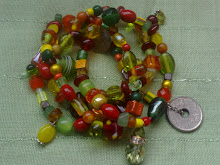



The kids got spoilt rotten with a trip to the garden to pick flowers (something I never allow), then a bus trip (they are bus-crazy) uptown leaving me and my friend to catch up in peace.

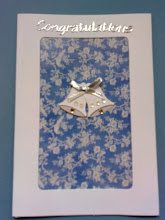







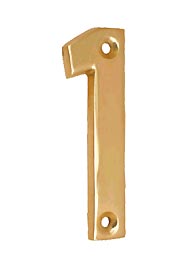 It has to be the yelling. When I was a kid I used to watch Michael Crawford play Frank Spencer in the hilarious Some Mothers Do Have ‘Em. He was always very weedy until I saw him years later. In an interview he said he could never play the role of Frank again because his opera singing had made him so barrel-chested. I think I am going the same way. I never knew I could shout so loud until the kids got old enough to fight like football hooligans. I am sure my lungs must have expanded, I shout so loud I can make my own ears ring. I often wonder if it’s something I am doing wrong that makes them fight this way, but then I can hear the neighbours on both sides shouting at their kids and I am reassured that it’s the same old story all over.
It has to be the yelling. When I was a kid I used to watch Michael Crawford play Frank Spencer in the hilarious Some Mothers Do Have ‘Em. He was always very weedy until I saw him years later. In an interview he said he could never play the role of Frank again because his opera singing had made him so barrel-chested. I think I am going the same way. I never knew I could shout so loud until the kids got old enough to fight like football hooligans. I am sure my lungs must have expanded, I shout so loud I can make my own ears ring. I often wonder if it’s something I am doing wrong that makes them fight this way, but then I can hear the neighbours on both sides shouting at their kids and I am reassured that it’s the same old story all over. 1. I love Little Lady’s confidence, if she doesn’t like something she will say, if someone is bothering her she will let them know. She knows what she wants: everything pink shiny and uber-girly. She really is my dream come true.
1. I love Little Lady’s confidence, if she doesn’t like something she will say, if someone is bothering her she will let them know. She knows what she wants: everything pink shiny and uber-girly. She really is my dream come true. In turn I tag:
In turn I tag:
Hanging out with mum – her sofa is definitely a place of peace for me, especially seeing as the kids disappear to harass my sisters and I don’t see them again until I go home. In fact when they realise I might be calling them to get ready to go home, I don’t see them at all. This week, I haggled one afternoon off work and spent it at my mum’s eating her scrummy comfort food (chicken and dry bell pepper and gourd curry with soft little chapatti’s). We watched old black and white Pakistani movies together and I vegetated happily.
Ice-cream in bed – What more to say? I put the kids in bed with a warning not to move. Put the baby down with his back to me (not sharing my Feast with anyone) and read my book (The Cairo Diary by Maxim Chattam) and had a lovely Feast chocolate ice-cream and felt very pleased.

Found something nice to wear to work – my black abaya with beige shayla and beige heels and a nice broach Long-Suffering Sister bought me. The bracelet didn’t quite match but it’s shiny and shiny things make me smile. It was also one of my favourite bargains of last year at 25p from one of the boot fairs.
Finding the kitchen again – I had a Fanny Craddock moment this week, when I wondered into the long-forgotten domain called the kitchen and decided I needed to re-discover the joy of good cooking. Everything I touched has turned out revolting for the last two weeks or so until I broke the run yesterday with dry spicy boneless chicken with green peppers which I enjoyed making. I plan to try something different or new every day and take my sweet time making it . Today's is aubergine, gurd and green peppers with potatoes (I learnt veg need less chilli and salt, especially after this nearly burnt my mouth out).
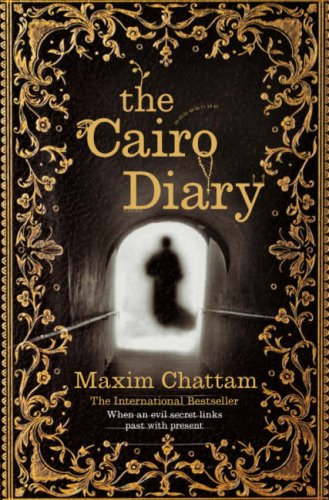
I am very pleased that my one and only brother (poor thing) has finally found someone he wants to marry. He told me and I spoke to her and my mum and the usual mortifying back-and-forth has begun between the families. She is absolutely gorgeous and very nice and we are all rather smitten with her. A few days ago Fashionista was joking with her online about craving biscuits, the next day she knocked on the door, handed these to Fashionista and rushed off!




She sold these for £5 each to be donated to charity. My favourite though was this one which I thought was great to give to someone who has annoyed you:
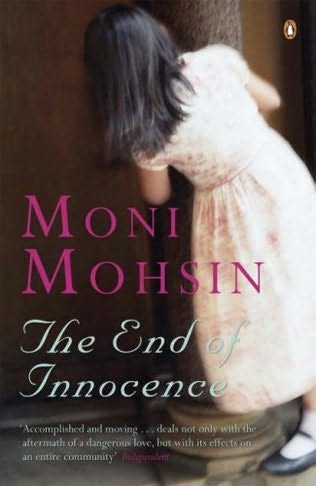
 (The funny lemon-shaped fruit at the back is guava and the little elongated green one a Pakistani fruit called ber or jujube).
(The funny lemon-shaped fruit at the back is guava and the little elongated green one a Pakistani fruit called ber or jujube).







Of course I am a big believer in whoever makes the mess should tidy up:



They also had the local police, fire service and council attending, with a nice display about Islam and recycling and another by a local school. I was surprised when I realised that the display was a result of RE lessons at a state school and not from an Islamic school.
I thought this was a nice idea to try with the kids sometime. My favorite one was the one that said "treat your parents wth kindness, speak to them with respect".





